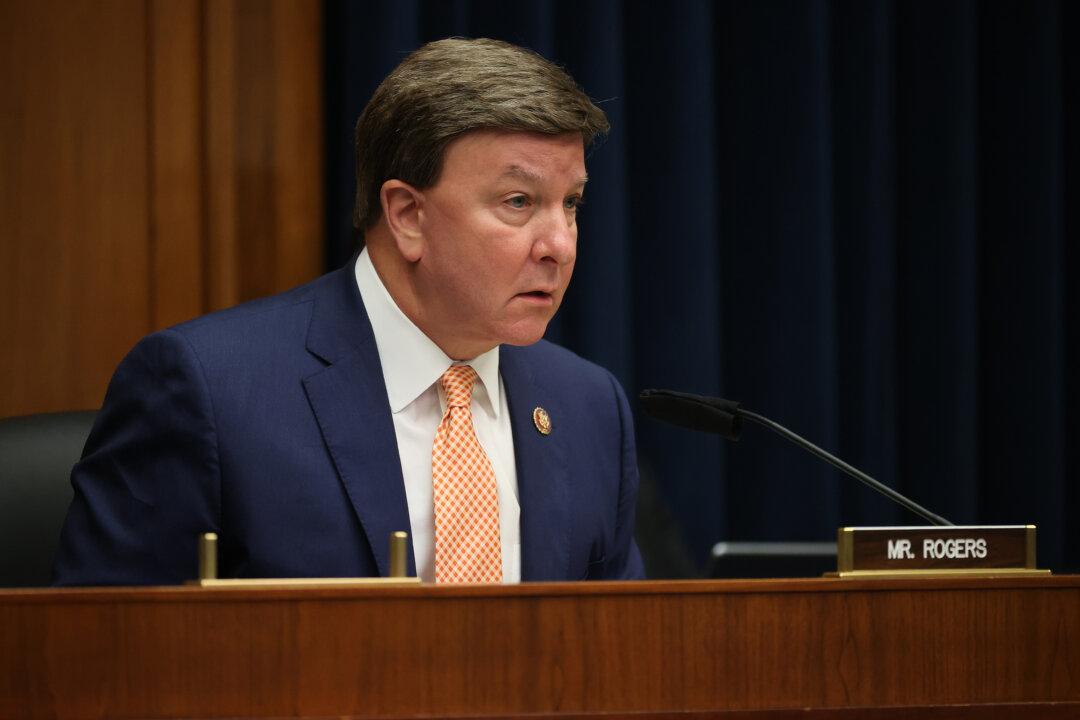House Republicans during a party meeting voted to lift their decade-old self-imposed ban on earmarks, which will allow members to secure funds for their favored projects via large federal spending bills.
In a 102-84 vote on Wednesday, the House Republican Conference passed a resolution by Alabama Rep. Mike Rogers to remove a 2011 ban on earmarks, so long as lawmakers publicly disclosed them with a written justification for why projects are an “appropriate use of taxpayer funds,” and verify that neither the lawmakers nor their immediate family members have a financial interest in the proposed projects.





